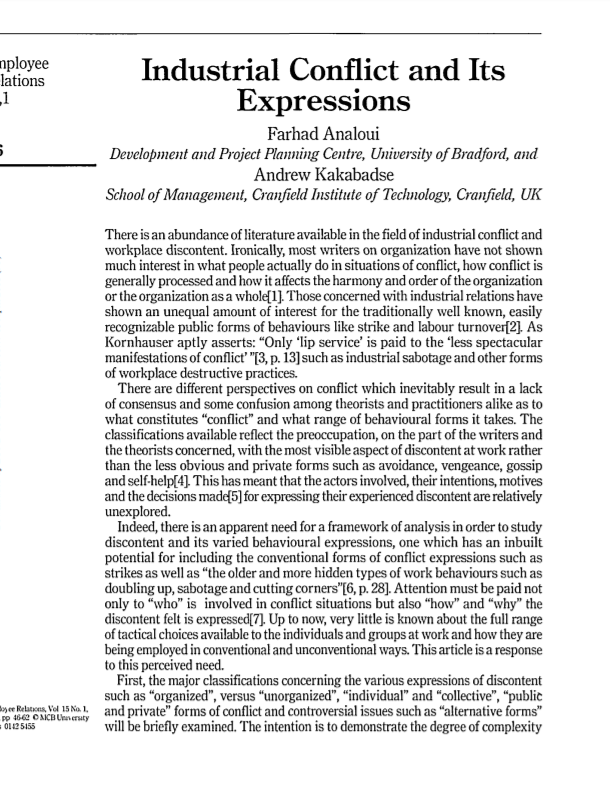
Summary
This study assesses the current state of union dialogue in China with both employers and the government. Currently, the presence of unions positively correlates with labour conflicts, especially in cases where the union leader is appointed by the employer’s management. It concludes that unions are not able to efficiently and accurately represent the concerns or desires of workers, and, because of this, they are not being translated to the government.
For the original source, please click here








